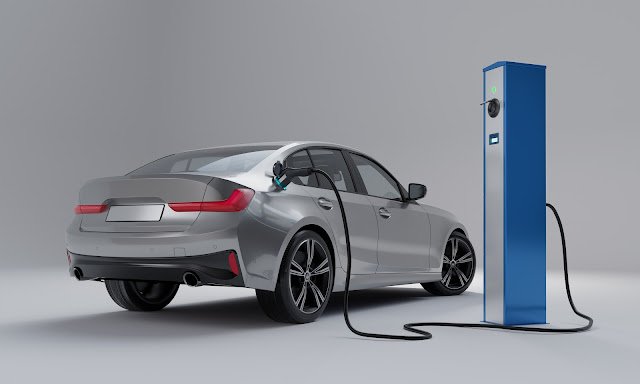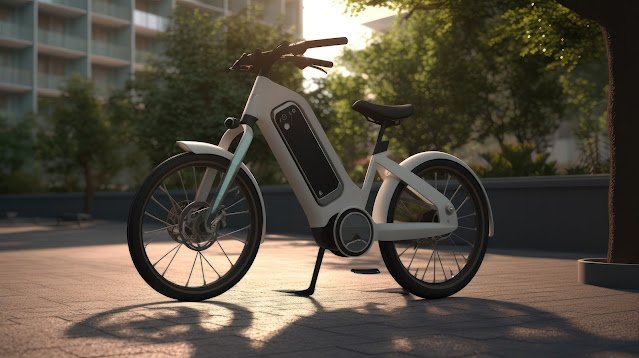Future of Sustainable Transportation
Situasi ID – In the wake of increasing environmental concerns and the pursuit of sustainable living, electric cars have emerged as a revolutionary force in the automotive industry. This article delves into the world of electric cars, exploring their benefits, technological advancements, and their potential to reshape the future of transportation.
Introduction
Electric cars, often referred to as “EVs,” are revolutionizing the automotive industry by offering a clean and sustainable alternative to traditional gasoline-powered vehicles. With advancements in technology and growing environmental awareness, electric cars are becoming more accessible and appealing to consumers.
The Evolution of Electric Cars
Electric cars are not a recent invention. In fact, they have a long history dating back to the 19th century. However, it’s in recent years that electric cars have gained significant traction due to improvements in battery technology, which has extended their range and made them more practical for everyday use.
Environmental Impact
One of the primary reasons for the surge in electric car popularity is their reduced environmental impact. Unlike gasoline-powered cars, electric vehicles produce zero tailpipe emissions, contributing to cleaner air and a reduction in greenhouse gases.
Advantages of Electric Cars
- Lower Operating Costs: Electric cars are more energy-efficient and have lower maintenance costs compared to traditional vehicles.
- Quiet and Smooth Ride: Electric motors are quieter and provide a smooth and responsive driving experience.
- Instant Torque: Electric cars deliver instant torque, providing quick acceleration.
- Reduced Dependency on Fossil Fuels: Electric cars reduce our reliance on fossil fuels, decreasing oil consumption.
Charging Infrastructure
The development of a robust charging infrastructure is crucial for the widespread adoption of electric cars. Public charging stations and home chargers are becoming increasingly available, making it convenient for EV owners to charge their vehicles.


